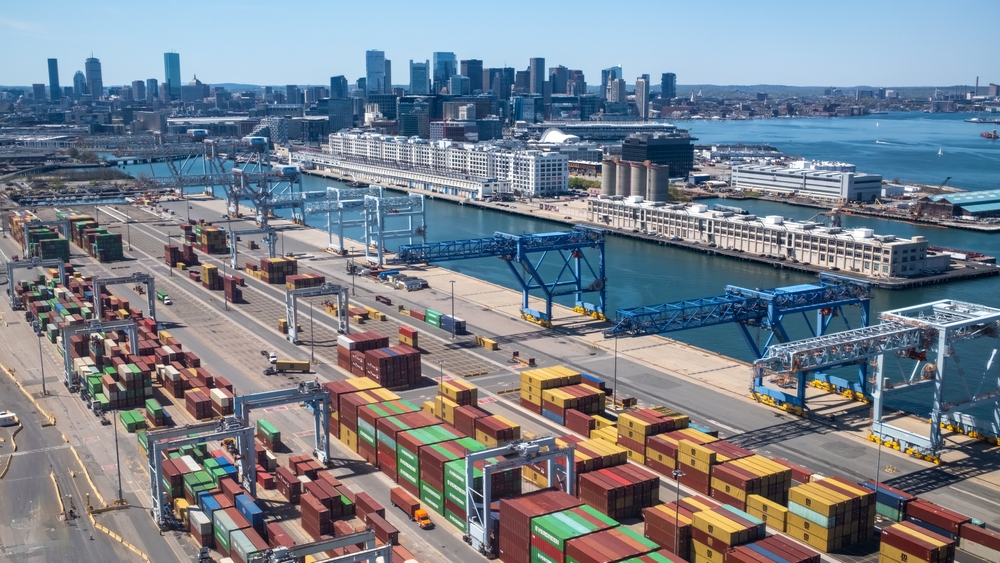
The third-largest freight railroad union has rejected a tentative contract deal brokered by the Biden Administration, setting the stage for a potential nationwide strike.
“Railroaders are discouraged and upset with working conditions and compensation and hold their employer in low regard. Railroaders do not feel valued. They resent the fact that management holds no regard for their quality of life, illustrated by their stubborn reluctance to provide a higher quantity of paid time off, especially for sickness,” Brotherhood of Maintenance of Way Employees (BMWED) President Tony Cardwell reportedly stated. “Railroaders do not feel valued. The result of this vote indicates that there is a lot of work to do to establish goodwill and improve the morale that has been broken by the railroads’ executives and Wall Street hedge fund managers.”
The BMWED has a rank-and-file that exceeds 30,000 and only 43 percent who voted on the proposed contract approved its passage. Declining to accept the terms by the BMWED represents the first to push for improved working conditions. Smaller unions such as the American Train Dispatchers Association, IBEW, Transportation Communications Union, and the Brotherhood of Railway Carmen have ratified the deal that increases pay by 24 percent and includes bonuses of $5,000.
The International Association of Machinists and Aerospace Workers initially voted against the agreement. They have since renegotiated a new contract and are expected to vote on the revised measure in November. Although other unions may vote to accept the current proposal or bargain for improvements, few in the landscape believe any member or any union would cross a picket line.
Many anticipate that unless all freight rail workers come to terms with management, a lawful strike could begin on Nov. 19. When the Machinists union voted to strike in 1992, the railroads responded by locking out working and triggering a national work stoppage. That means upwards of 115,000 skilled rail workers would not perform necessary duties, significantly hampering the country’s ability to transport goods and materials.
The critical issues do not necessarily revolve around salaries, bonuses, and benefits. Workers have complained that railroad companies require them to relocate from their hometowns and areas they take positions. In some cases, these are presented as short-term transfers that become extended and disruptive to working families.
“The biggest sticking issue is quality of life — especially access to paid time off and paid sick time. If the railroads can make some movement in that area, it will likely go a long way with rail workers who currently feel they are not being respected by their employers,” Rutgers University Prof. Todd Vachon, who teaches labor relations, reportedly said. “Wages and resource allocation are one important part of contract negotiations, but feeling respected by one’s employer remains one of the top reasons that workers form and join unions.”
Union leaders and railroad officials have time to compromise on quality of life issues. Industry insiders indicate the parties will find common ground ahead of a strike.











They feel that bad they need to drive trucks, then they will be happy working on the R/R.